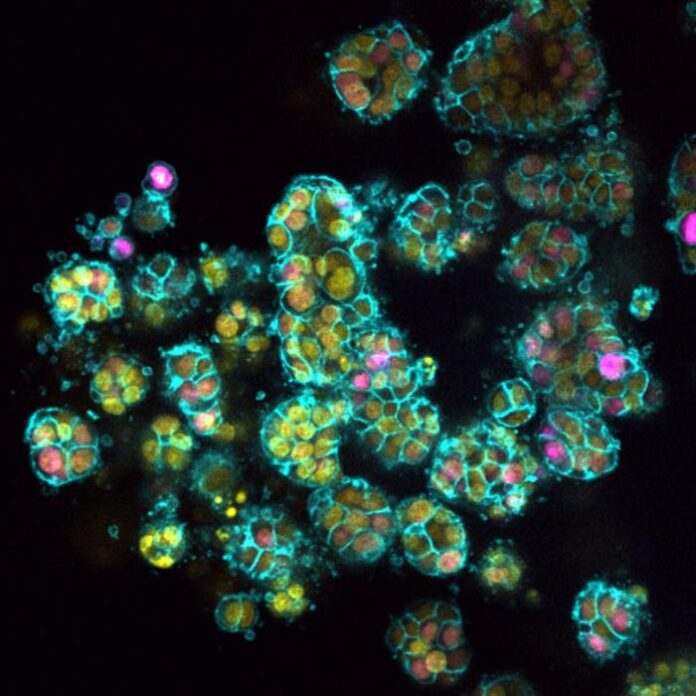PanKind, the Australian Pancreatic Cancer Foundation, awarded The Walter and Eliza Hall Institute of Medical Research (WEHI) a grant to help develop an early detection blood test for pancreatic cancer.
Researchers hope the test will, for the first time, accurately identify patients with the initial stages of pancreatic cancer, which is a crucial step towards improving survival rates and quality of life for patients. The disease is often diagnosed late due to a lack of early specific symptoms, meaning most patients are diagnosed once the cancer has grown and has already begun to affect nearby organs.
Project lead Belinda Lee, MBBS, said the new grant would help the team translate their findings into a diagnostic test.
“There are no early detection biomarkers for pancreatic cancer and this needs to urgently change,” explained Lee, a consultant medical oncologist at WEHI. “We have identified thirteen proteins that could distinguish between the early and late stages of pancreatic ductal adenocarcinoma (PDAC), the most common type of pancreatic cancer that’s fast becoming the cancer of our generation. While the five-year survival rate of most other cancers has improved, the incidence and death rate from PDAC is rising, and it’s projected to become the second leading cause of cancer-related death by 2030.
“Even with a diagnosis, there are no biomarkers that can guide clinical decisions for pancreatic cancer, meaning clinicians have limited opportunities to ensure the right, and best, treatment for their patients. We hope to validate these proteins and show that they can be used to reliably screen for early pancreatic cancer. This would allow us to create the first diagnostic test to identify patients who have early stage pancreatic cancer.”
Significant data
To achieve this goal, researchers will leverage the global PURPLE Pancreatic Cancer Translational Registry, established by Lee at WEHI in 2016 with philanthropic support, which also helped the team identify the thirteen critical proteins.
The registry is a large-scale database that tracks the treatment journey of patients at 48 cancer centers across Australia, New Zealand, and Singapore, with over 4,000 patients and 2,000 biospecimens currently available.
Data from the registry confirms that 70% of patients present with advanced disease, highlighting the need for biomarkers to enable earlier detection.
“We will utilize technologies and computational methodologies to compare the protein signature in the blood of healthy individuals to pancreatic cancer patients with early and late-stage disease,” Lee said. “The results will allow us to identify potential novel blood-based biomarkers that can be further developed to create a simple, non-invasive screening test to identify early-stage pancreatic cancer.”


